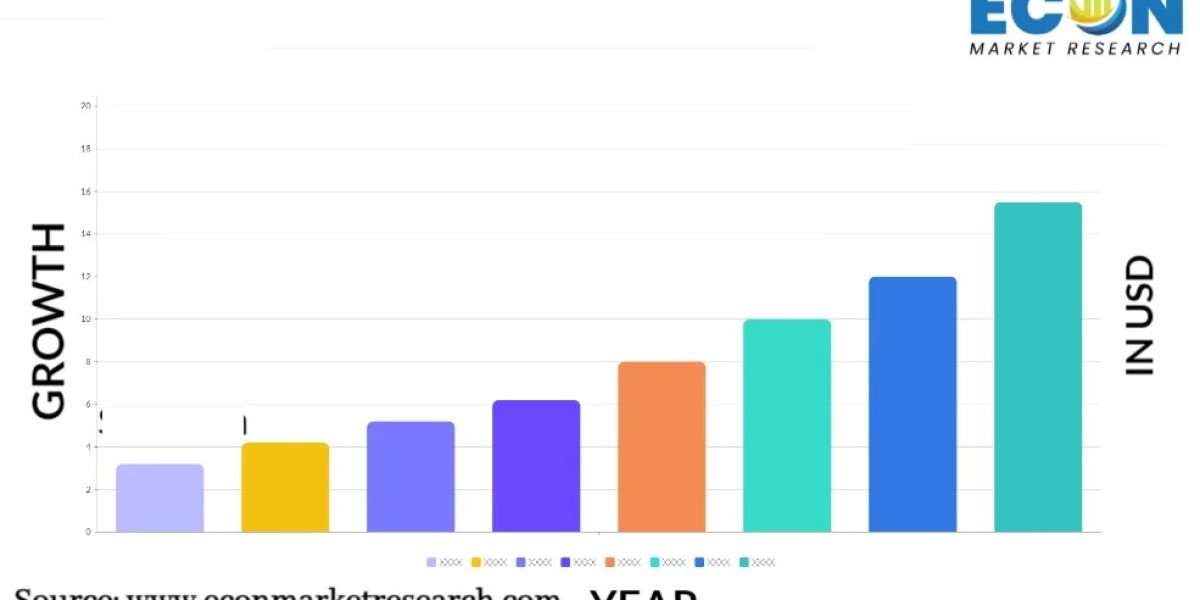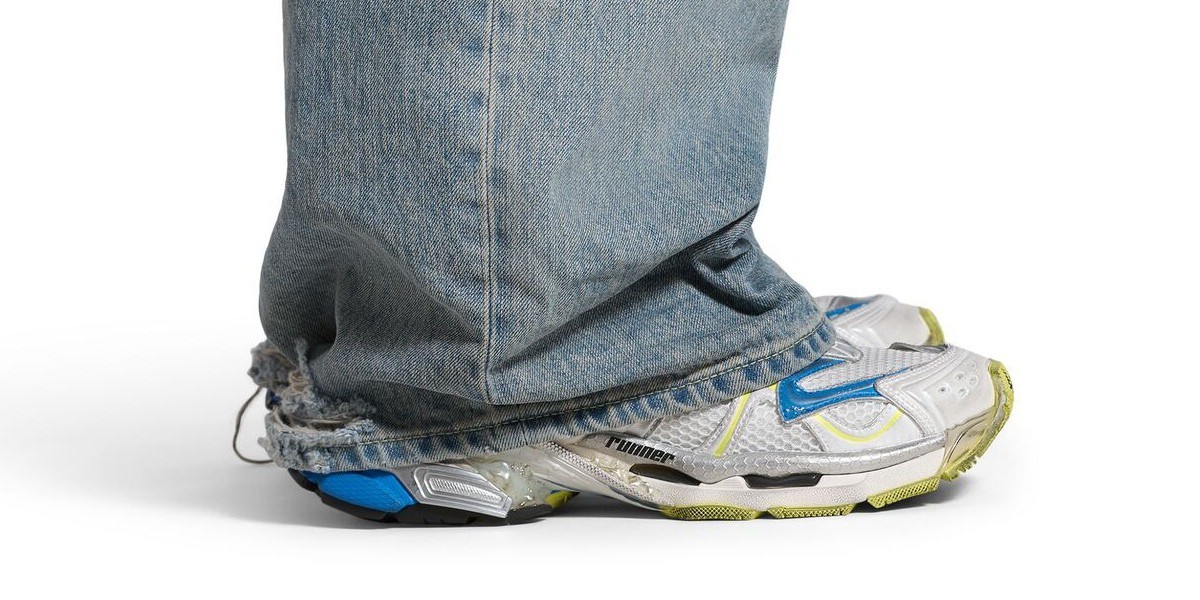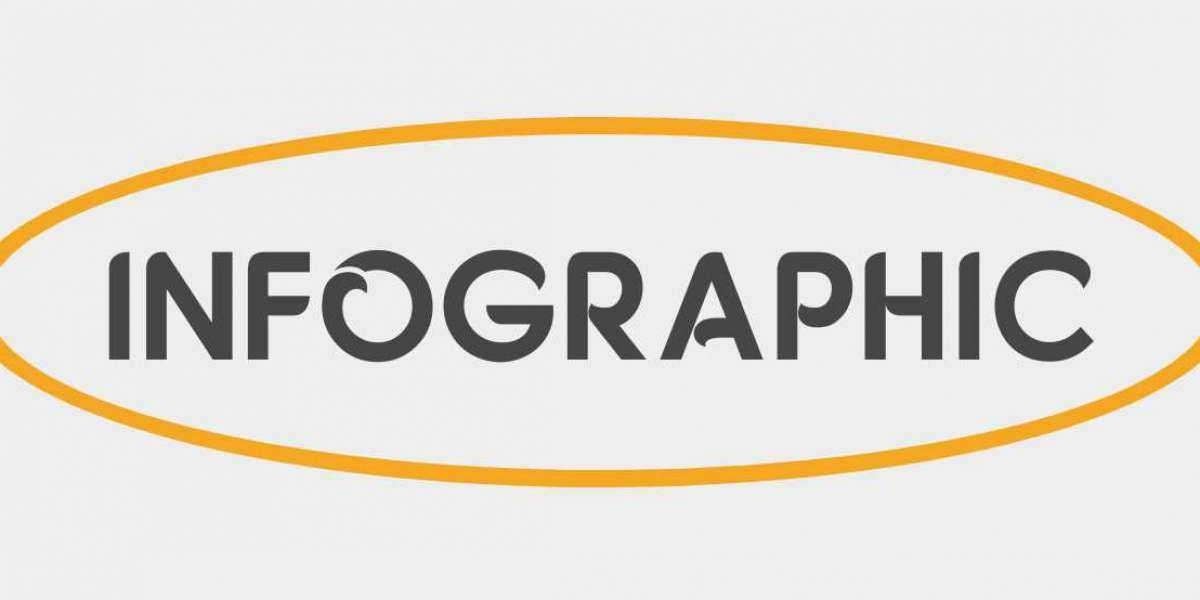Electric insulators are critical components in electrical systems, preventing unwanted current flow and ensuring the safe and efficient transmission of electricity. These materials, designed to resist the flow of electric current, play a pivotal role in power generation, transmission, and distribution. From safeguarding infrastructure to enhancing the longevity of electrical equipment, electric insulators are indispensable in modern technology. This article delves into their types, applications, materials, and emerging trends, providing a comprehensive understanding of their role in the electrical ecosystem.
More info https://www.econmarketresearch.com/industry-report/electric-insulators-market/
Types of Electric Insulators
Electric insulators come in various forms, each suited to specific applications. Some of the most common types include:
- Pin Insulators: Commonly used in overhead transmission and distribution lines, pin insulators are mounted on poles and provide robust support for conductors.
- Suspension Insulators: Designed for high-voltage applications, these are hung in series to achieve the required insulation strength.
- Post Insulators: Used in substations, these insulators provide mechanical support for bus bars and conductors while preventing current leakage.
- Strain Insulators: These are employed in locations where conductors are under significant mechanical tension, such as river crossings.
- Shackle Insulators: Compact and versatile, these are used in low-voltage distribution lines for minimal electrical and mechanical stress.
Each type addresses unique challenges in electrical systems, from load-bearing capabilities to withstanding environmental stressors.
Materials Used in Electric Insulators
The effectiveness of an electric insulator depends heavily on the material used. Common materials include:
- Porcelain: A traditional material known for its high mechanical strength and resistance to moisture, making it ideal for outdoor applications.
- Glass: Offers excellent electrical and thermal properties, along with superior resistance to aging and environmental degradation.
- Polymer/Composite: Lightweight and resistant to vandalism, polymer insulators are increasingly popular in modern installations due to their durability and low maintenance.
- Ceramic: Provides high dielectric strength and is often used in high-voltage applications.
- Rubber and Plastic: Frequently used in low-voltage applications for flexibility and ease of installation.
The choice of material depends on factors such as voltage levels, environmental conditions, and cost considerations.
Applications of Electric Insulators
Electric insulators are utilized across a wide range of industries and applications, including:
- Power Transmission and Distribution: Insulators are essential for isolating conductors in overhead lines and substations, ensuring safe and efficient energy delivery.
- Industrial Equipment: Used in motors, transformers, and switchgear to prevent short circuits and enhance equipment performance.
- Telecommunications: Insulators play a role in isolating antennas and other sensitive components from external electrical interference.
- Renewable Energy: As the adoption of solar and wind energy grows, insulators are vital in managing electrical connections in extreme environmental conditions.
The versatility of insulators makes them a cornerstone of modern electrical infrastructure.
Challenges in Electric Insulators
Despite their essential role, electric insulators face several challenges:
- Environmental Stress: Harsh conditions such as pollution, extreme temperatures, and UV radiation can degrade insulators over time.
- Aging and Maintenance: Long-term exposure to environmental factors can lead to wear, requiring periodic inspection and replacement.
- Mechanical Stress: Insulators must withstand mechanical loads without compromising their electrical properties.
- Cost Efficiency: Balancing performance with affordability is a persistent challenge for manufacturers.
Addressing these challenges requires innovative materials and advanced manufacturing techniques to enhance the durability and efficiency of insulators.
Trends and Innovations in Electric Insulators
The electric insulator industry is evolving rapidly, driven by technological advancements and the push for sustainability:
- Smart Insulators: Equipped with sensors to monitor performance and detect faults, smart insulators are gaining traction in smart grid applications.
- Advanced Materials: Research into nanocomposites and bio-based materials aims to create insulators that are both high-performing and environmentally friendly.
- Improved Designs: Aerodynamic shapes and self-cleaning surfaces are being developed to reduce maintenance needs in polluted environments.
- Customization: Tailored solutions for specific industries and applications are becoming more prevalent, ensuring optimal performance in diverse settings.
These innovations are transforming insulators into more than just passive components, integrating them into the broader scope of intelligent and sustainable electrical systems.
Future of Electric Insulators
As the demand for reliable and efficient power systems grows, the role of electric insulators will continue to expand. The transition to renewable energy, the rise of smart grids, and the electrification of transportation are all driving the need for advanced insulator technologies.
The future lies in developing insulators that combine high performance, durability, and environmental sustainability. Collaboration between material scientists, manufacturers, and utility companies will be key in meeting these evolving demands.
Phone Number: +1 812 506 4440
Email : sales@econmarketresearch.com













